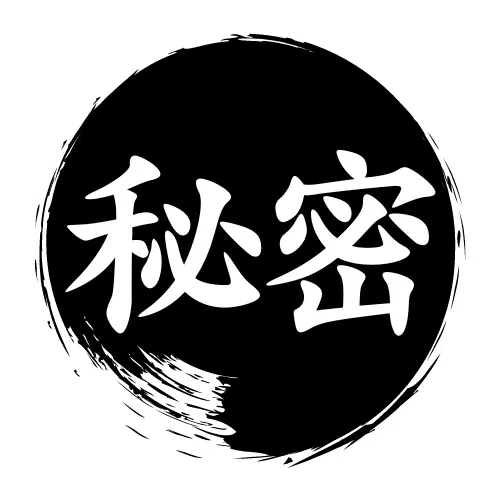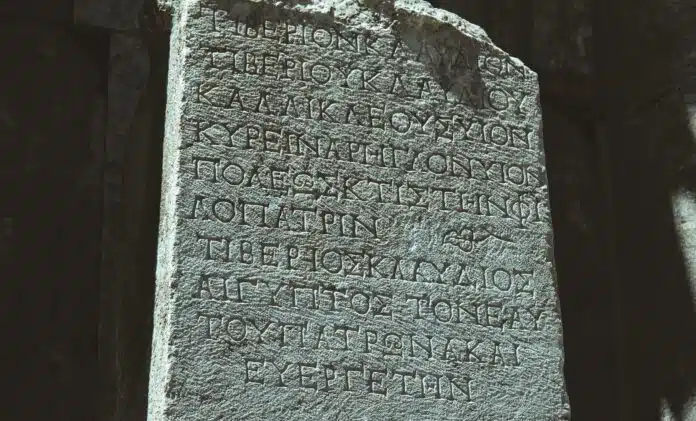“Now the rest of the acts of Hezekiah—all his might, and how he made a pool and a tunnel and brought water into the city—are they not written in the book of the chronicles of the kings of Judah?” (2 Kings 20:20)
“After these deeds of faithfulness, Sennacherib king of Assyria came and entered Judah; he encamped against the fortified cities, thinking to win them over to himself. And when Hezekiah saw that Sennacherib had come, and that his purpose was to make war against Jerusalem, he consulted with his leaders and commanders to stop the water from the springs which were outside the city; and they helped him. Thus many people gathered together who stopped all the springs and the brook that ran through the land, saying, ‘Why should the kings of Assyria come and find much water?'” (2 Chronicles 32:1–4)
The Jerusalem Post: What a University of Haifa professor of biblical studies and ancient history has called “one of the most important archaeological discoveries in Israel of all time” – five monumental, new royal inscriptions of King Hezekiah of Judah, which together include dozens of lines and hundreds of letters – have now been deciphered.
Prof. Gershon Galil, a former chairman of the university’s department of Jewish history, said that the inscriptions mention the name of Hezekiah, and summarize his main actions during the first 17 years of his reign, including the water project (the cutting of the Siloam Tunnel and the pool), the ritual reform, the conquest of Philistia and the accumulation of property.
The inscriptions, he maintained, also indicate the exact date on which the water project was completed – 2 Tammuz in the 17th year of Hezekiah’s reign, meaning 709 BCE. The findings have been questioned by other researchers and have not been validated or peer reviewed.
“Now it is clear that the higher chronology that precedes the reign of Hezekiah in 726 BCE is to be preferred, as I emphasize in my book on chronology published in 1996,” Galil said. “These are the most complete royal inscriptions we have, and they are further evidence that the kings of Israel and Judah wrote royal inscriptions that indicated their name and deeds.”
The original ancient Siloam inscription was discovered in 1880 inside Hezekiah’s tunnel, marking the completion of the project mentioned in the Bible. The inscription was later removed and then transferred to Istanbul by Ottoman authorities in control of the Holy Land at the time. Read More
Professor says Ancient Inscriptions Prove Old Testament Account ‘Reflects Historical Reality’
The Christian Post: An Israeli professor claims that a recent translation of an eighth-century B.C. inscription containing the name of Judean King Hezekiah in Jerusalem’s City of David is “one of the most important archaeological discoveries in Israel of all time.”
Prof. Gershon Galil, head of the Institute for Biblical Studies and Ancient History at Haifa University in Israel, alongside Eli Shukron, from the Bible and Ancient History research institute, deciphered Hezekiah’s name on a palm-sized limestone tablet discovered in 2007.
The inscription also summarizes the first 17 years of Hezekiah’s reign and his accomplishments, as described in 2 Kings 20 of the Bible. The verse describes how Hezekiah brought water to the city through the discovery of a pool and a tunnel, and the inscribed stone was found at a pool in the Gihon Spring area.
As Arkeonews reported Monday, Shukron and archaeologist Ronny Reich found the fragment near a man-made pool in the Siloam tunnel. The discovery was made during excavations at Jerusalem’s City of David National Park in 2007, with Shukron and Galil spending over a decade deciphering it. Read More
Sources
- Inscription “One of the Most Important Archaeological Discoveries in Israel of All Time” (January 5th, 2023) – Answers in Genesis
- Was proof of biblical kings of Israel, Judah deciphered on Jerusalem rock inscriptions? (December 28th, 2023) – The Jerusalem Post
- Professor says ancient inscriptions prove Old Testament account ‘reflects historical reality’ (December 20th, 2022) – The Christian Post




 Support the Ministry
Support the Ministry
Great article